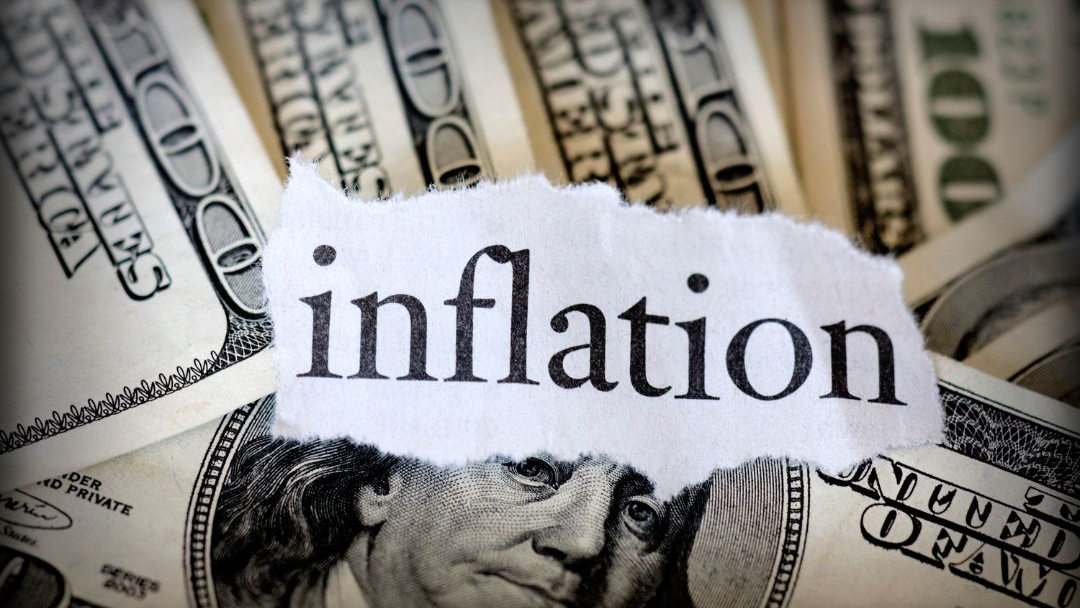
Inflation can have an impact on the automotive industry. When inflation occurs, prices for goods and services tend to rise, including the cost of raw materials, manufacturing, transportation, and labor. These cost increases can be passed on to consumers in the form of higher vehicle prices or reduced incentives, which can make car purchasing more expensive and potentially impact the overall car buying experience.
Additionally, inflation can also impact the availability of inventory, as suppliers may struggle to keep up with demand due to rising costs. This can lead to longer wait times for vehicle delivery and potentially impact the selection of vehicles available for purchase.
On the dealership side, rising costs and reduced profit margins can make it more difficult to operate and maintain profitability. Dealerships may need to adjust their pricing and inventory strategies, streamline operations, and explore new revenue streams to stay competitive in a high inflation environment.
While the specific impact of inflation on the automotive industry is difficult to predict, it is important for car dealerships to stay informed of economic trends and be prepared to adapt to changing market conditions.
There are several strategies dealerships in California can employ to face the upcoming challenges:
- Diversify the inventory: Consider expanding the types of cars sold, such as hybrids, electric vehicles, or fuel-efficient vehicles. This may attract customers who are looking for cost savings due to rising fuel prices.
- Focus on customer service: Make sure to provide exceptional customer service to build long-term relationships with customers. This can lead to repeat business and positive referrals.
- Offer financing options: In an economic crisis, customers may have difficulty obtaining financing. By offering in-house financing or working with third-party lenders, the dealership may be able to attract more customers. If you decide to offer in-house financing or even change your business model to a Buy Here Pay Here operation (“BHPH”), make sure to consult an experienced attorney as there are a number of additional laws that specifically regulate BHPH dealers in California.
- Leverage digital marketing: Utilize social media, email marketing, and other digital marketing channels to reach a wider audience and build brand awareness.
- Consider partnerships: Explore partnerships with local businesses or organizations to offer joint promotions and attract more customers.
- Don’t Forget Compliance: Just because costs increase, make sure not to loosen up on your policies and procedures. High inflation times are actually the most important time to REFOCUS ON COMPLIANCE and ensure you are following all the many rules and regulations that apply to your business.
- Overall, it’s important to stay adaptable and agile in response to economic changes and to continually evaluate and adjust business strategies as needed.



